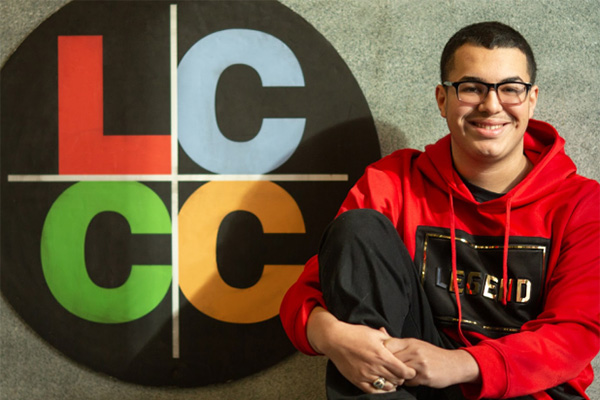Electronics Certificate (ELEC)
What is a Certificate in Electronics?
This program provides students with knowledge and experiences in electrical wiring to become an electronics technician.
Credits may be applied toward the A.A.S. degree in Electronics Technology.
Electronics Courses
Your Electronics courses will prepare you for success in either a future career. In this program, you’ll take classes like:
- AC Circuits / DC Circuits
- Introduction to Microprocessors
- Integrated Circuits
Course Fees
Pathway to a Career in Electrical
Advance your career at your own pace. Each step below transfers credits to the next. Appropriate job titles and average pay ranges are meant to help guide an individual interested in this field; they vary based on individual experience and employer.
Career and Technical High School
Computer/Electronics Engineering Technology
Electrical Distribution and Automation
Electrical Technology
Career and Technical Education High Schools
- Apprentice Electrician
- Telecommunications Technician
- Electronics Installer
Associate Degree
Electrical and Computer Engineering Technology A.A.S.
Electrical Engineering Technology
Lehigh Carbon Community College
- Electrical Engineering Technician
Wage information taken from Lightcast Q1 2024 BETA Data Set – QCEW Employees. Wage range is 25%-75% hourly average in surrounding 3-county region.
Program Coordinator


